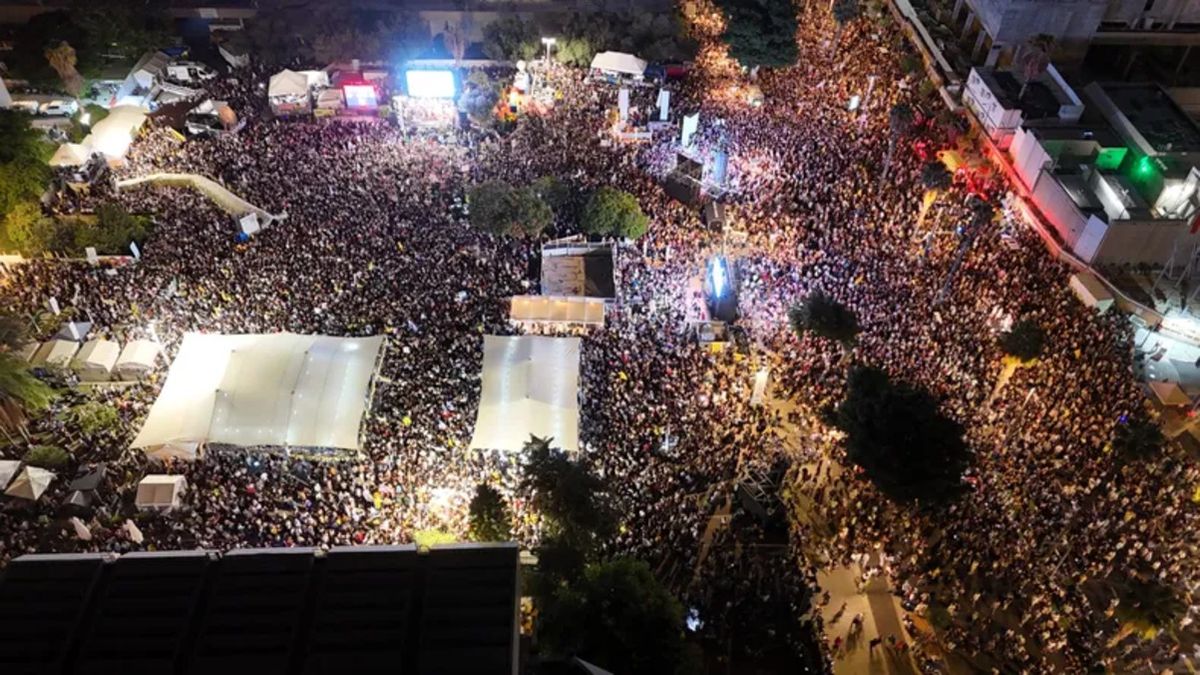It is by far the largest foreign deployment of the Bundeswehr. More than 1,000 soldiers are still stationed in West African Mali. But the end of their mission is soon sealed.
After almost eleven years, the UN peacekeeping mission of the Bundeswehr in Mali, West Africa, is scheduled to end on May 31, 2024. The federal cabinet decided to withdraw the 1,100 soldiers stationed there by that date. If the Bundestag also agrees, the currently largest foreign deployment of the German armed forces in one year will be history.
The federal government now wants to realign its commitment in the Sahel zone south of the Sahara. Civilian support for the region is to be intensified and security cooperation focused on Niger, Mauritania and the Gulf of Guinea states in West Africa. The Bundeswehr continues to train soldiers in Niger.
“Threat to the lives of our nationals”
“The latest escalation in Sudan has shown us how suddenly the instability of a country can become an existential threat to the lives of our citizens,” said Defense Minister Boris Pistorius (SPD). “What is decisive is that through our commitment in the Sahel we continue to encourage and promote the growing responsibility of Africans for security and stability on their own continent.”
Foreign Minister Annalena Baerbock (Greens) said: “If states in the Sahel crumble, then we will also feel the earthquake here in Europe. That is why we will continue to be involved in the future for the people in the region – civilly and militarily.” Development Minister Svenja Schulze (SPD) pointed out that development aid could help to remove the breeding ground for terrorism. “Many people in the Sahel don’t join terrorist groups out of conviction, but because they need an income.”
About 1600 sea containers with material and weapons
Since mid-2013, the Bundeswehr has been involved in the UN mission Minusma to stabilize the country, parts of which fell into the hands of Islamist terrorists in 2012. In the camp of the German blue helmets in Mali, preparations for the withdrawal of the Bundeswehr have already started. About 1600 sea containers are needed to bring material and weapons back to Germany.
The deployment of the Bundeswehr was repeatedly obstructed by the military junta in Mali, which is considered to be close to Russia. They refused permission to fly the Heron reconnaissance drone operated by the Germans on behalf of the UN. One of the main tasks given to the Germans by the UN is to obtain information in this way.
The cabinet also decided to extend the deployment of the Bundeswehr in Kosovo, where tensions with the Serb minority persist. There are only around 70 soldiers in action there, up to 400 according to the mandate. “This ensures that the Bundeswehr can react quickly and flexibly in the event of an unexpected deterioration in the security situation,” said government spokesman Steffen Hebestreit.
Source: Stern
I have been working in the news industry for over 6 years, first as a reporter and now as an editor. I have covered politics extensively, and my work has appeared in major newspapers and online news outlets around the world. In addition to my writing, I also contribute regularly to 24 Hours World.




